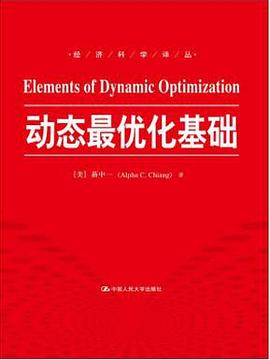Beautiful Fighting Girl
内容简介
From Cutie Honey and Sailor Moon to Nausicaä of the Valley of the Wind, the worlds of Japanese anime and manga teem with prepubescent girls toting deadly weapons. Sometimes overtly sexual, always intensely cute, the beautiful fighting girl has been both hailed as a feminist icon and condemned as a symptom of the objectification of young women in Japanese society.
In Beautiful Fighting Girl, Saito Tamaki offers a far more sophisticated and convincing interpretation of this alluring and capable figure. For Saito, the beautiful fighting girl is a complex sexual fantasy that paradoxically lends reality to the fictional spaces she inhabits. As an object of desire for male otaku (obsessive fans of anime and manga), she saturates these worlds with meaning even as her fictional status demands her ceaseless proliferation and reproduction. Rejecting simplistic moralizing, Saito understands the otaku’s ability to eroticize and even fall in love with the beautiful fighting girl not as a sign of immaturity or maladaptation but as a result of a heightened sensitivity to the multiple layers of mediation and fictional context that constitute life in our hypermediated world—a logical outcome of the media they consume.
Featuring extensive interviews with Japanese and American otaku, a comprehensive genealogy of the beautiful fighting girl, and an analysis of the American outsider artist Henry Darger, whose baroque imagination Saito sees as an important antecedent of otaku culture, Beautiful Fighting Girl was hugely influential when first published in Japan, and it remains a key text in the study of manga, anime, and otaku culture. Now available in English for the first time, this book will spark new debates about the role played by desire in the production and consumption of popular culture.
......(更多)
作者简介
Tamaki Saitō (斎藤 環 Saitō Tamaki, born September 24, 1961) is a Japanese psychologist. Saitō is Director of Medical Service at Sofukai Sasaki Hospital in Funabashi, Chiba.
Saitō is notable for his study of hikikomori, a term he coined; he is internationally recognized as Japan's leading hikikomori expert
......(更多)
目录
......(更多)
读书文摘
そこで重要なのは、おたくたちが自らのセクシュアリティを、想像的領域において確保し、十分に機能させることが出来るという点だ。ここではむしろ、性的倒錯はまったく問題とならない。なぜなら想像の領域においては、あらゆる人間が倒錯性たる権利を持つからである。
(おたくは)いまだに「マニア」と同義に用いられることも多い。まだ「宮崎勤事件」以降の使用法としては「自宅にこもっている人付き合いの悪い、暗い(あるいは危ない)人間」というネガティブなイメージのものもある。
......(更多)






